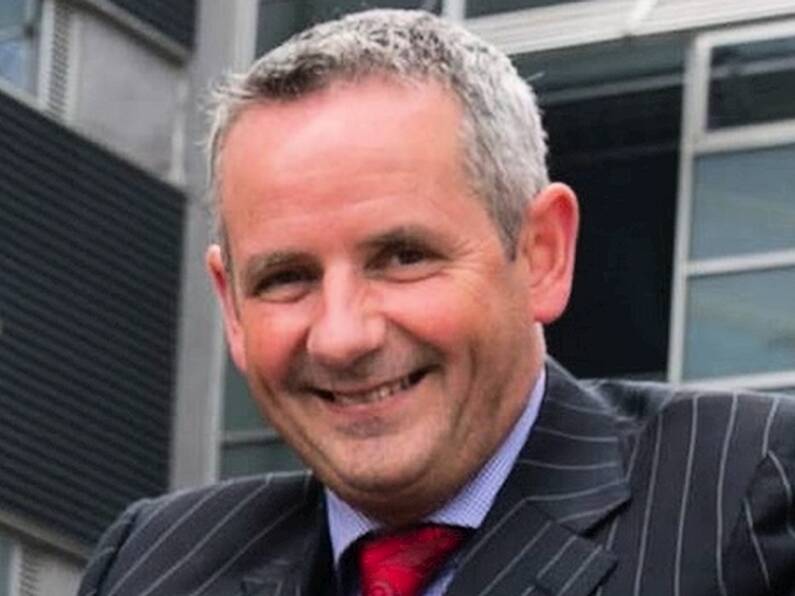The new boss of the HSE has said it will break even this year despite it having a €103 million deficit at the end of March.
Paul Reid, speaking at the Dail's Public Accounts Committee (PAC) on Thursday, said of that, €20.5 million results in a budget deficit carry-over from last year.
Asked by committee members as to how he intends ensuring he can deliver on his commitment to breakeven, Mr Reid said in cases where deficits appear in operational service areas, the relevant national director “has been directed to identify and put in place additional measures to enable delivery of an overall financial breakeven by year-end”.
“This has been supported by a series of additional interim controls around agency, overtime and staffing albeit all 2018 and 2019 developments approved and funded by the Department of Health are proceeding, he added.
Mr Reid also revealed there is also a deficit of €38m in pensions and demand led areas.
At the meeting, the HSE was criticised by the Comptroller and Auditor General, Seamus McCarthy, for what he called “continual material” breaches in State tendering rules.
“My report on the audit also draws attention to a continuing material level of HSE non-compliance with procurement rules. I have repeatedly reported on and drawn attention to this matter. While the HSE acknowledges the problem, it is still not in a position to quantify the value of its expenditure on goods and services where public procurement procedures were not complied with,” he said.
“Each year, we examine samples of procurements at a number of HSE locations to test whether there has been an appropriate competitive process. For the past five years, the estimated percentage of non-compliant procurement found in the sample has fluctuated between 14% and 49% by value. Because there isn’t a single procurement database in the HSE, the results are specific to procurement practice at the sampled locations, and can’t be extrapolated to the HSE as a whole,” Mr McCarthy added.
In response, Mr Reid said he accepted the criticism from the C&AG but said given the sheer scale of the HSE it will take several years to bring the organisation into line.
The C&AG also criticised the HSE's monitoring of private practice by medical consultants in public hospitals.
While the HSE seeks to limit private treatment activity in acute public hospitals to 20%, it was unable to provide outturn data in this regard because it does not monitor or collate information about private treatment levels at an individual consultant level.
“The overall conclusion is that there are significant weaknesses in the performance measure used by the HSE to monitor public/private activity levels within the acute hospital system,” Mr McCarthy said.






